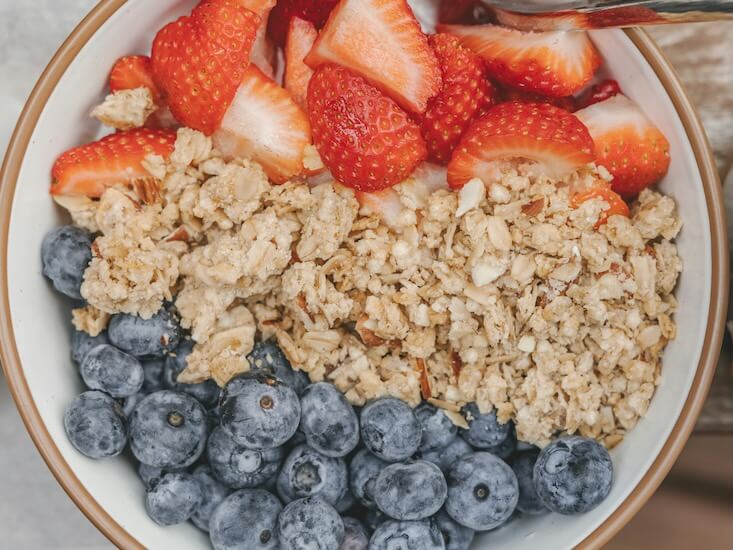In our fast-paced world, anxiety has become a common companion for many. While various factors contribute to anxiety, one aspect often overlooked is the impact of diet – what we eat can influence our mood, emotions, and overall mental health more than we might realize. Understanding the connection between diet and anxiety is crucial in managing and potentially reducing anxiety symptoms. Moreover, integrating psychological assessments can provide a comprehensive understanding of one’s mental health and how it interplays with dietary habits. For individuals seeking professional insights in this area, there are psychological assessments in Brisbane that offer valuable resources to embark on a path toward improved mental well-being.

In collaboration with Hans Isaacson
Foods That Help Reduce Anxiety
- Omega-3 Fatty Acids: Found in fish such as salmon, sardines, and trout, omega-3 fatty acids are known for their anti-inflammatory properties, which can help reduce anxiety. They play a crucial role in brain health, influencing mood regulation and cognitive function.
- Probiotics: Fermented foods like yogurt, kefir, sauerkraut, and kombucha are rich in probiotics. These beneficial bacteria support gut health, which is linked to mood regulation through the gut-brain axis. A healthy gut microbiome can contribute to reduced anxiety levels.
- Antioxidants: Foods high in antioxidants, such as berries, nuts, and dark chocolate, can counteract the effects of oxidative stress on the body, which is associated with anxiety and depression. Incorporating these foods into your diet can support brain health and emotional well-being.
- Whole Grains: Foods rich in complex carbohydrates, like whole grains, are vital for maintaining stable blood sugar levels. Fluctuations in blood sugar can contribute to mood swings and anxiety. Whole grains release glucose slowly, providing a steady energy source for the brain and helping to maintain a calm state.
Foods to Avoid
- Caffeine: While many enjoy the energy boost from caffeine, it can exacerbate anxiety symptoms for some individuals. Caffeine stimulates the nervous system, potentially leading to increased heart rate, restlessness, and nervousness. Moderating caffeine intake can help reduce anxiety.
- Alcohol: Alcohol may temporarily reduce anxiety, but it can lead to increased anxiety levels once its sedative effects wear off. Regular alcohol consumption can disrupt sleep patterns and mood regulation, contributing to heightened anxiety over time.
- Sugary Snacks and Beverages: High sugar intake can lead to spikes and crashes in blood sugar levels, which can trigger anxiety symptoms. Avoiding sugary snacks and beverages can help maintain stable blood sugar levels and mood.
- Processed Foods: Foods high in additives, preservatives, and artificial flavours can affect mood and anxiety levels. These foods often contain unhealthy fats and high levels of sodium, which can negatively impact heart health and stress levels.
Final Thoughts
In conclusion, while diet plays a crucial role in managing anxiety, a multidimensional approach that includes psychological support and assessments can provide the most effective path toward mental well-being. Embracing a healthy lifestyle, seeking professional advice, and staying informed about how our choices impact our mental health are key steps in navigating the complexities of anxiety in today’s world.

